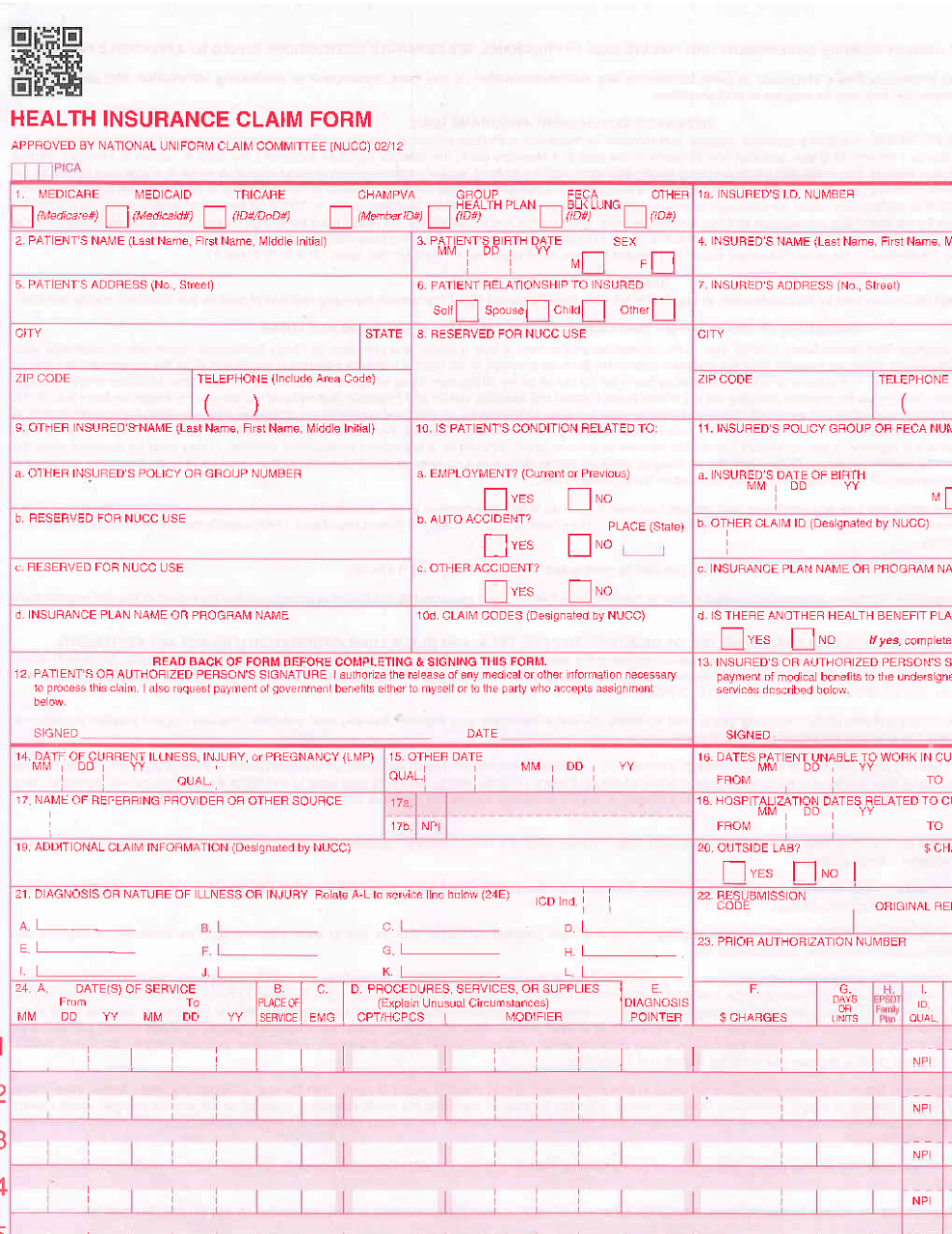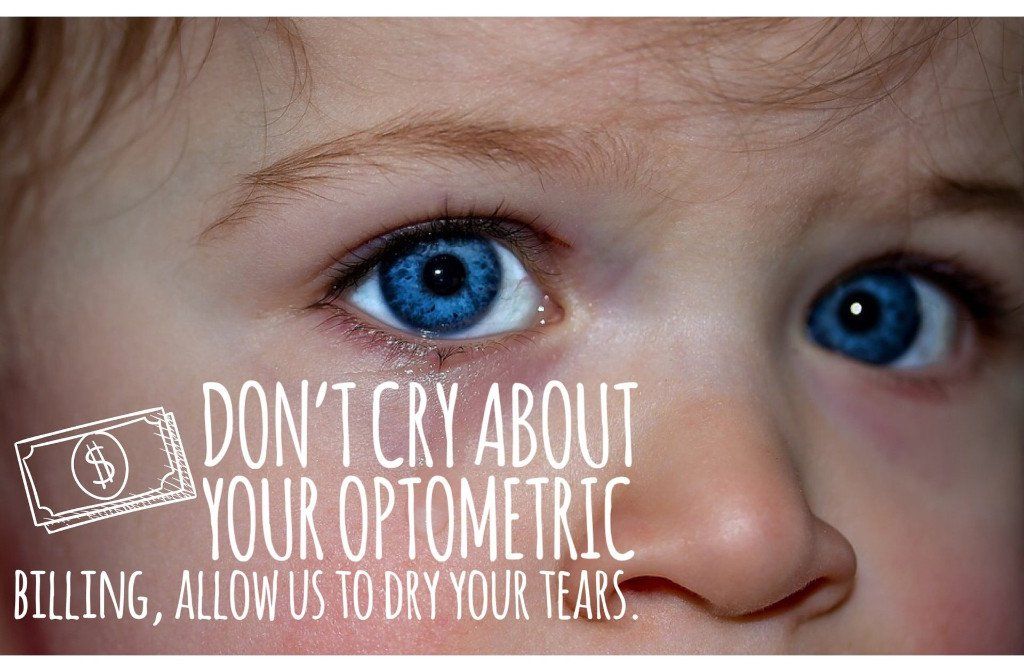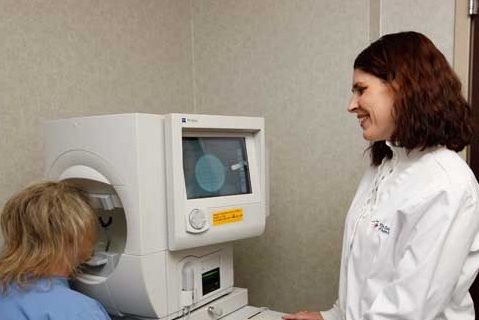Optometric Billing- Using 92002,92004,92012 and 92014
- By Andrew Roy
- •
- 02 Feb, 2016
- •
When Billing Medicare and Other Medical Insurances

Attention Optometric Billing Personnel. As you may have already discovered, there were changes made a couple of years ago to CPT coding guidelines that affect how you are reimbursed by Medicare and other insurance companies for Comprehensive Eye exams. Check them out below:
92002 and 92004 are now the only Comp. Ex. codes for new patients and 92012 and 92014 correspond for returning patients.
If using a 92002 or 92012 it is important that the DX code you report as #1 is one for which you plan to see this patient only 1 time in a calendar year. EX: If it is a new pt and they present with Dry Eyes (H04.121) as the primary DX then you will most likely see that patient multiple times in the coming months and subsequently should use a 92004 or 92014 rather than a 92002 or 92012. If a patient present with Conjunctivitis as the primary DX then you will most likely only see that patient 1 time in the coming calendar year for that condition and it is therefore appropriate to use 92002 or 92012 to report the comprehensive exam to the insurance company.
Please keep this in mind going forward so that you do not leave money one the table.
If you have a 2012 coding manual or above (paper-back) you can refer to page 329 for detailed descriptions of these services.
92002 and 92004 are now the only Comp. Ex. codes for new patients and 92012 and 92014 correspond for returning patients.
If using a 92002 or 92012 it is important that the DX code you report as #1 is one for which you plan to see this patient only 1 time in a calendar year. EX: If it is a new pt and they present with Dry Eyes (H04.121) as the primary DX then you will most likely see that patient multiple times in the coming months and subsequently should use a 92004 or 92014 rather than a 92002 or 92012. If a patient present with Conjunctivitis as the primary DX then you will most likely only see that patient 1 time in the coming calendar year for that condition and it is therefore appropriate to use 92002 or 92012 to report the comprehensive exam to the insurance company.
Please keep this in mind going forward so that you do not leave money one the table.
If you have a 2012 coding manual or above (paper-back) you can refer to page 329 for detailed descriptions of these services.
When performing routine eye exams on Aetna Patients it is a good idea to get in the habit of using
Z01.00 OR Z01.01 as your diagnosis code INSTEAD of a code beginning with "H52". This is because many of Aetna's plans actually are set up to pay for routine eye exams but ONLY if the primary diagnosis is = Z01.00 OR Z01.01.








